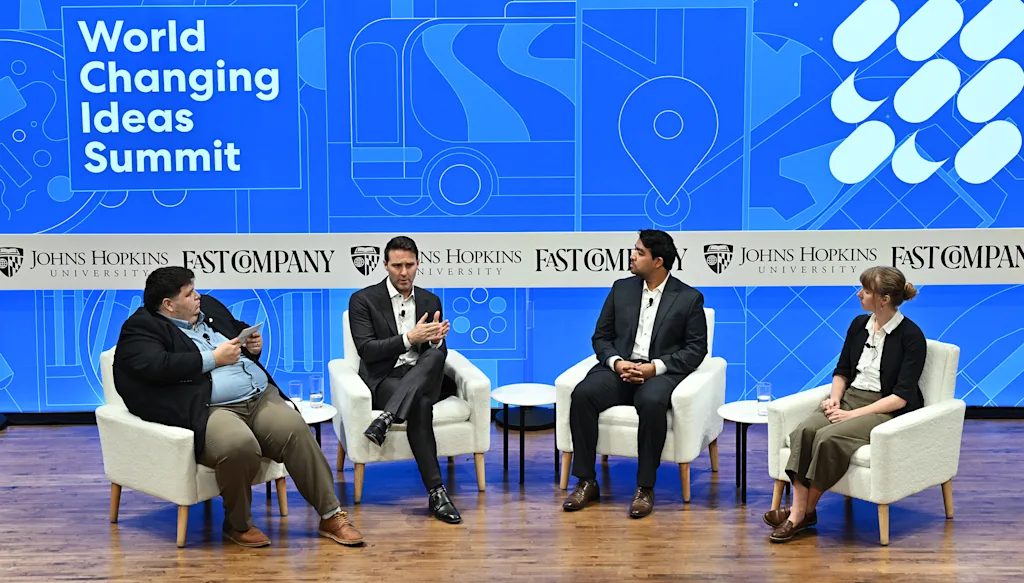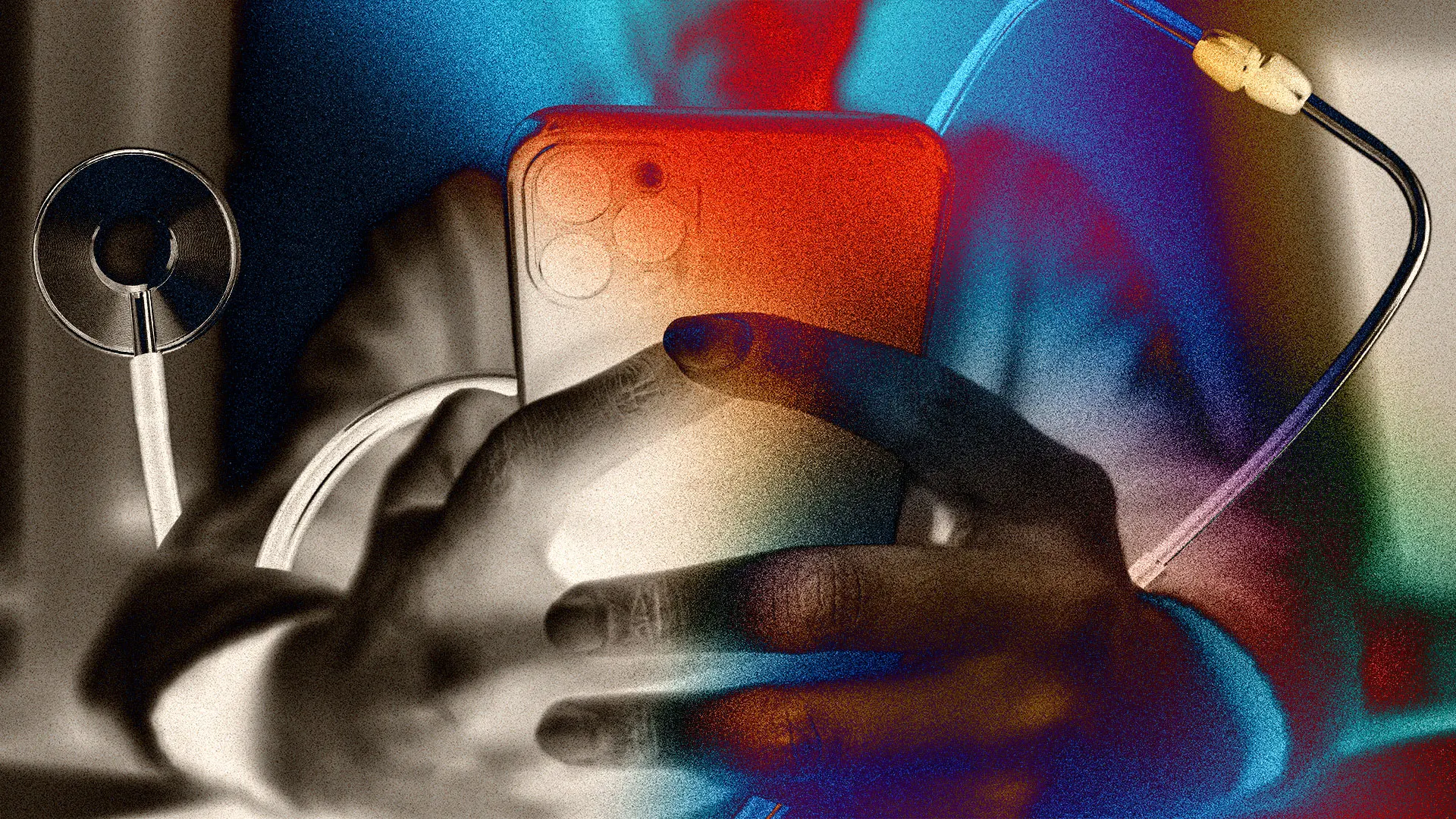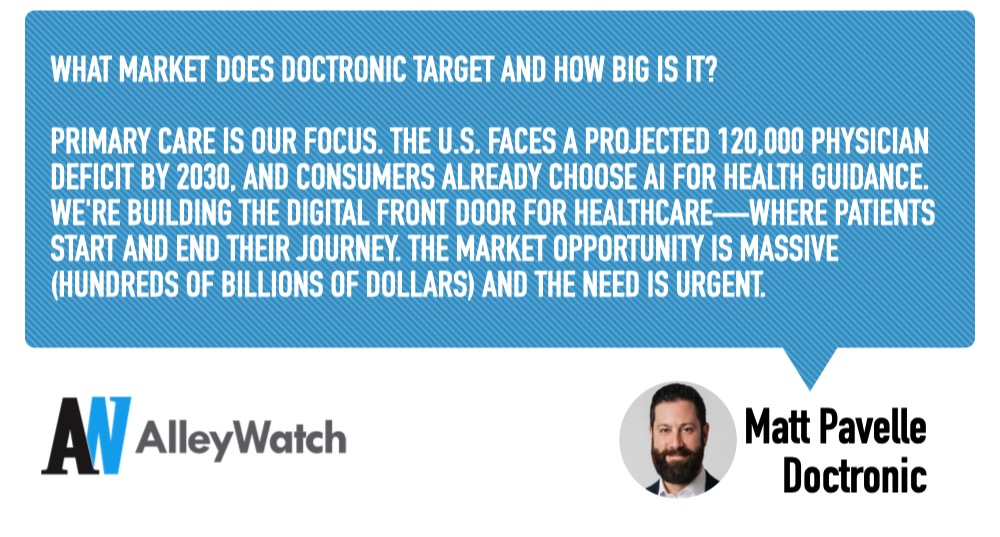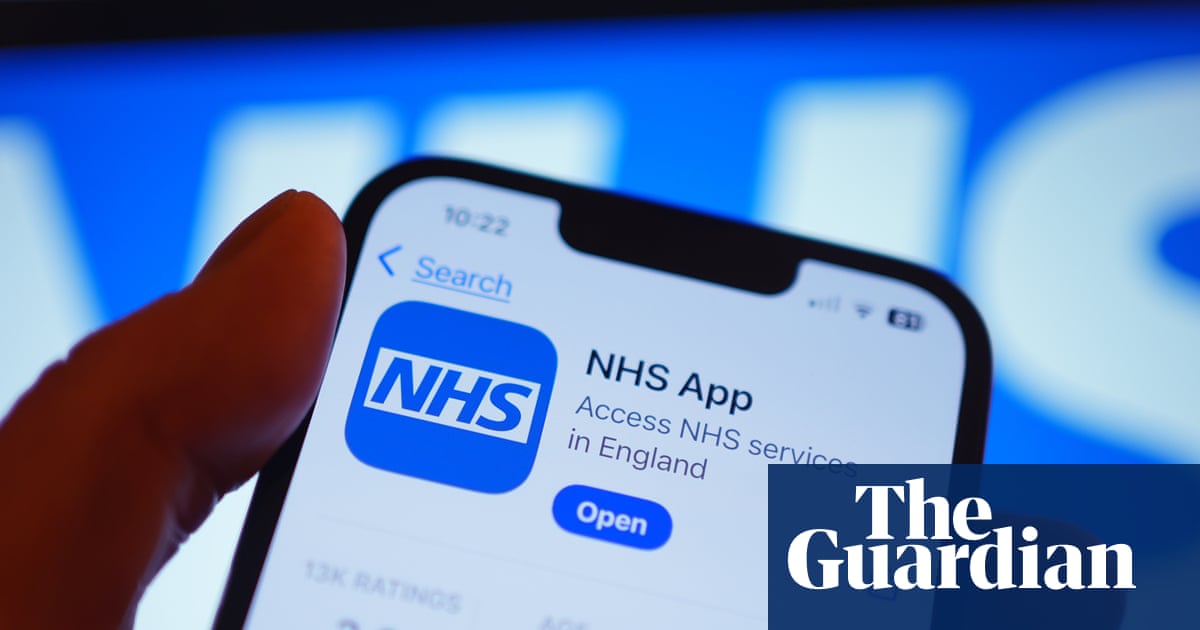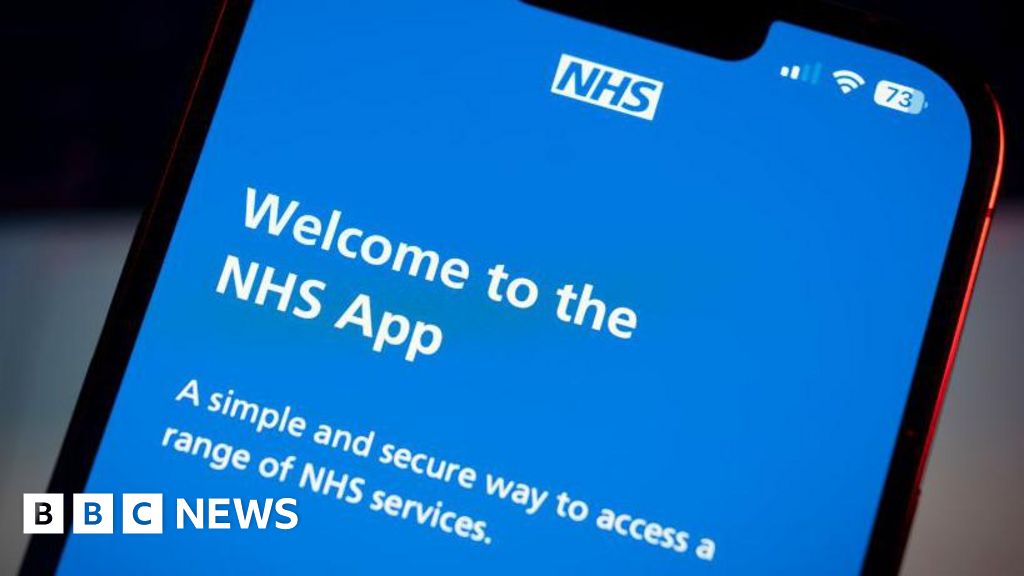#telemedicine
#telemedicine
[ follow ]
#ai-in-healthcare #digital-health #nhs-online #artificial-intelligence #shield-laws #homelessness #data-privacy
fromBusiness Insider
2 weeks agoFor brain surgery patients, a robot could be the key to faster recovery
When Dr. Homoud Aldahash started the three-hour process of removing a tumor about the size of a walnut from a patient's brain, it was an experience unlike any other in his 25 years as a neurosurgeon. It wasn't Aldahash's gloved hands slicing 68-year-old Mohammed Almutrafi's right frontal lobe, but surgical instruments attached to a set of robotic arms, which Aldahash controlled from a console where he sat three meters away.
Medicine
fromBusiness Matters
3 weeks agoThe Rise of Telemedicine: How Digital Health is Reshaping Medical Equipment Demand
Between March 2020 and March 2022, over 100 million telemedicine services were delivered to approximately 17 million Australians. The Australian government invested $409 million to make telehealth permanent, whilst the UK announced £600 million for digital health infrastructure in April 2025. Patient adoption is equally impressive: 60% find telemedicine more convenient than in-person appointments, 55% report higher satisfaction with teleconsultations, and 74% of millennials prefer virtual appointments for routine care. These aren't temporary shifts; they represent a fundamental transformation in healthcare delivery.
Healthcare
fromwww.mercurynews.com
3 weeks agoCan AI help make homeless Bay Area residents healthier?
Akido Labs, a Los Angeles-based health care technology company that runs clinics and street medicine teams in California, plans to start using its AI model on homeless and housing insecure patients in the Bay Area next month. The program generates questions for outreach workers to ask patients and then suggests diagnoses, medical tests and even medication, which a human doctor then signs off on remotely.
Public health
fromPsychology Today
2 months agoProgress in Mental Health Services Can Bring New Hope
The other day, I was coming out of a supermarket, and a woman approached me, telling me a story about losing her home and that she was hungry. I was about to take her grocery shopping, but she informed me she was homeless. There was a Chick-fil-A up the street, so I gave her money to buy a warm meal. I worried where she might stay to remain warm because it was a cold evening.
Mental health
Medicine
fromwww.theguardian.com
3 months agoDeepSeek is humane. Doctors are more like machines': my mother's worrying reliance on AI for health advice
An AI health chatbot provided diagnostic advice and lifestyle recommendations that led a kidney transplant patient to change medications and reduce in-person specialist visits.
fromTelecompetitor
3 months agoResearch Demonstrates O-RAN Use in Haptic Internet
Research undertaken at the University of Glasgow's James Watt School of Engineering has demonstrated Open Radio Access Network (O-RAN)-based capabilities that could pay big benefits, especially for people who live in rural areas. The demonstrations were dental "exams" physically performed on dentures at a remote location. In addition to an open-source O-RAN, the research used 4G LTE and a haptic controller connected to a robot arm.
Tech industry
fromAlleywatch
4 months agoNeura Health Raises $11.4M to Address the Critical Neurologist Shortage Affecting 145M Americans
The US healthcare system's capacity crisis has reached a breaking point in neurology, where 145 million Americans with chronic neurological conditions face average wait times of 4-6 months to see a specialist, if they can find one at all. This shortage isn't just an inconvenience; it's forcing millions to cycle through emergency departments, endure preventable suffering, and watch treatable conditions worsen while they wait.
Healthcare
fromBusiness Insider
4 months agoMidi Health raises $50 million in funding as the menopause startup bets on longevity and AI
Midi, which provides virtual care for perimenopause, menopause, and other midlife women's health conditions, has raised $50 million in a Series C round led by Advance Venture Partners. The raise brings its total funding to about $150 million.Cofounder and CEO Joanna Strober confirmed the raise in an interview with BI. Midi has a $150 million revenue run rate, Strober said, up from about $60 million at the end of 2024.
Women
Startup companies
fromBusiness Insider
5 months agoGrindr CEO says he's keeping the company's latest venture small to give it the biggest chance at success
Grindr keeps Woodwork intentionally small—three employees and limited advertising—to preserve startup agility, focused learning, and avoid overstaffing and premature scaling.
fromSlate Magazine
5 months agoA MAGA Judge May Soon Make This Abortion-Pill Case Even Scarier
Florida and Texas made a quiet move last week that could have huge implications nationwide: Their attorneys general asked to join a federal lawsuit against the Food and Drug Administration that seeks to drastically roll back access to the main abortion drug, mifepristone. The states argue that the medication's FDA approval should be revoked or, failing that, that telemedicine prescriptions should be once again banned. Telehealth has allowed thousands of people to get abortion pills in states where the procedure is prohibited.
US politics
fromEntrepreneur
6 months agoStop Losing Customers - 5 Friction Fixes That Boost Conversions | Entrepreneur
At Bask Health, we once forced every new patient to download a separate app just to upload their ID. Only 40% of them made it through. Six weeks of development, thousands of dollars spent, and we called it a funnel. That one decision cost us more patients than any Facebook ad ever brought in. Turns out, healthcare has a cart abandonment problem, just like ecommerce. But instead of a forgotten pair of sneakers, it's unbooked visits, lost revenue and patients who still need help.
Healthcare
Healthcare
fromLondon Business News | Londonlovesbusiness.com
6 months agoThe future of care coordination: How technology is transforming patient outcomes - London Business News | Londonlovesbusiness.com
Care coordination aligns providers, patients, and caregivers using technology to synchronize complex treatments, improve outcomes, reduce errors, and lower healthcare costs.
Women in technology
fromBusiness Matters
8 months agoWomen's Health Revolution: How Telemedicine Changed the Game
Telemedicine has transformed women's healthcare by addressing previously overlooked needs, offering privacy, and improving access after the limitations highlighted by the COVID-19 pandemic.
Wearables
fromPsychology Today
10 months agoA Wearable Sticker Can Detect True Emotions
A new sticker can detect human emotions using skin temperature and heart rate analysis.
The device employs AI to distinguish genuine emotions from performed ones.
It has potential applications in telemedicine for assessing patients' emotional states.
[ Load more ]

